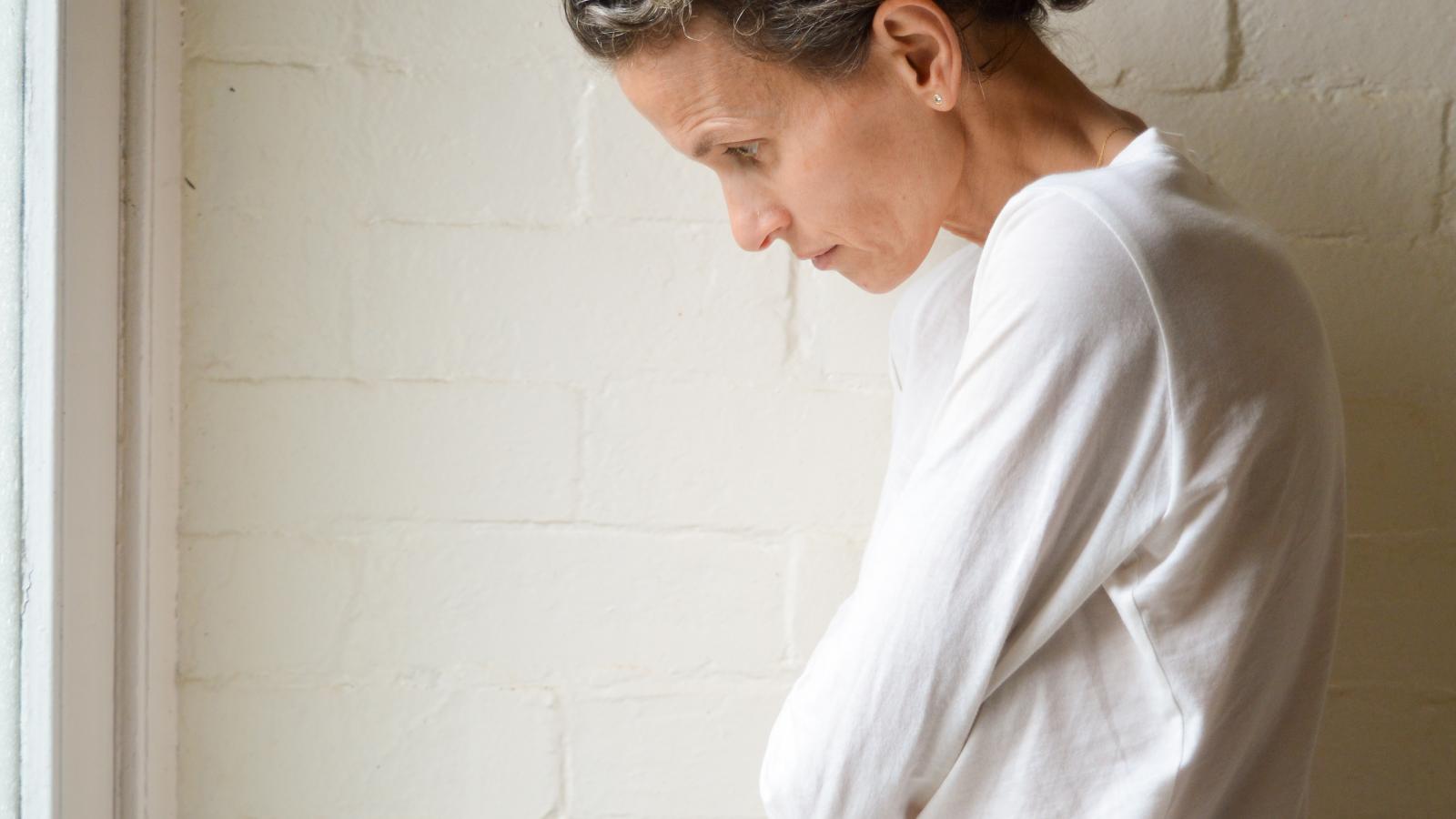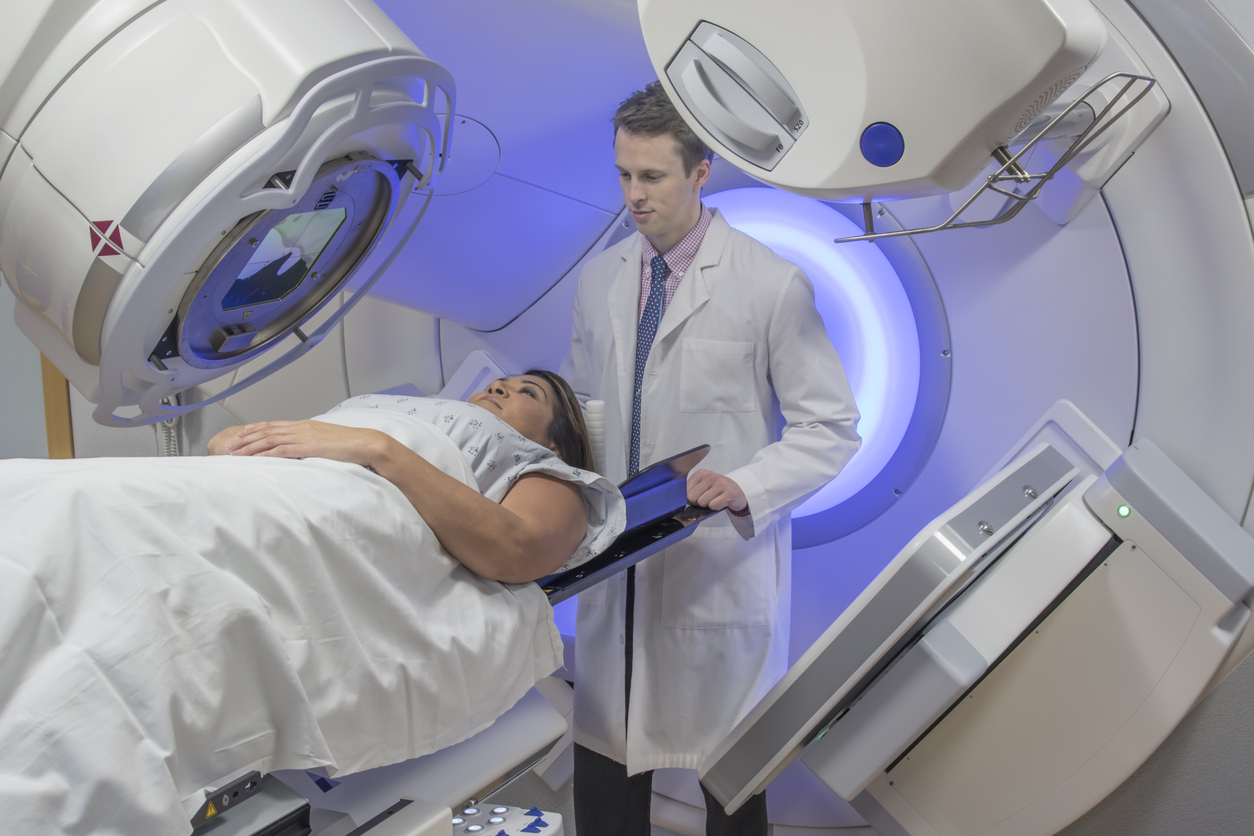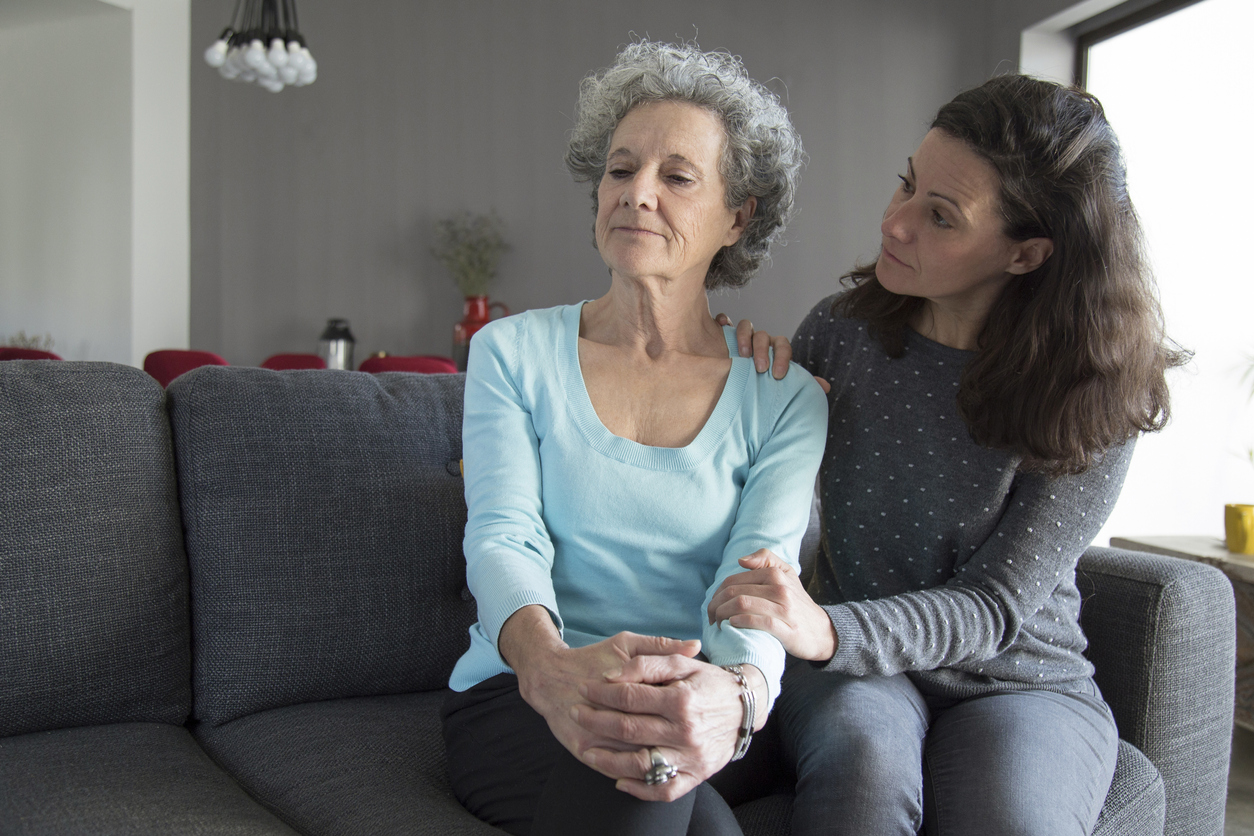Cachexia

What is cachexia?
Cachexia is severe and unintentional weight loss that can happen with cancer and some other diseases. Your body quickly loses large amounts of muscle and fat, and you may have very little appetite. You might also hear it referred to as anorexia cachexia syndrome.
Cachexia can be very difficult for you, physically and emotionally.
What causes it?
While a person’s body is fighting cancer cells, their body may start to work in a different way. They may have increased levels of inflammation and changes to their metabolism. These changes can lead to the body breaking down muscle and fat for energy instead of the food you eat. Cachexia is usually a symptom of advanced cancer. It’s more common with cancers of the digestive system, such as pancreatic and stomach cancer, and lung cancer.
What are the symptoms?
- Having little or no appetite
- Losing weight, muscle and fat, even if you are eating
- Feeling very weak
- Feeling full after eating small amounts
- Anaemia (low levels of red blood cells)
What should I do if I have symptoms?
You should talk to your medical team if you’re worried about the symptoms of cachexia. Although there is no treatment that can get rid of cachexia, your medical team will support you to feel as well as possible.
How is it treated?
There is no treatment that can reverse or stop cachexia at present, although drugs are being researched. It is a good idea to meet with a dietitian who can give good advice when it comes to meal choices etc.
Your doctors can prescribe appetite stimulants and anti-sickness medications which may help you eat a little more. The aim of these treatments should be to help you improve your quality of life.
Cachexia is very different to general weight loss. Doctors can’t reverse it fully despite you being able to eat. Feeding through a tube is not effective either.
Coping with cachexia
Try to join in with the social aspect of family meals – even if you can’t eat much – and try to explain cachexia to your family and friends, so that they don’t put pressure on you to eat if you don’t feel able to.
Taking a little exercise, if you’re able, can also help you to feel a little better and may help to build muscle mass. Ask your doctor about what type of exercise might be suitable for you.
Cachexia and its effects can be very upsetting. If you feel your mood is consistently low, it is important to seek help. You may be experiencing depression as a result of your diagnosis and side-effects. Your GP, cancer nurses and medical social workers can all support you and your family and advise you about other professionals who can help. For example, psychologists, psychotherapists and psychiatrists.
You can also ask if there is a psycho-oncology service at the hospital. This service helps patients and their families deal with the psychological aspects of cancer, such as depression.
For more information
Phone
1800 200 700



